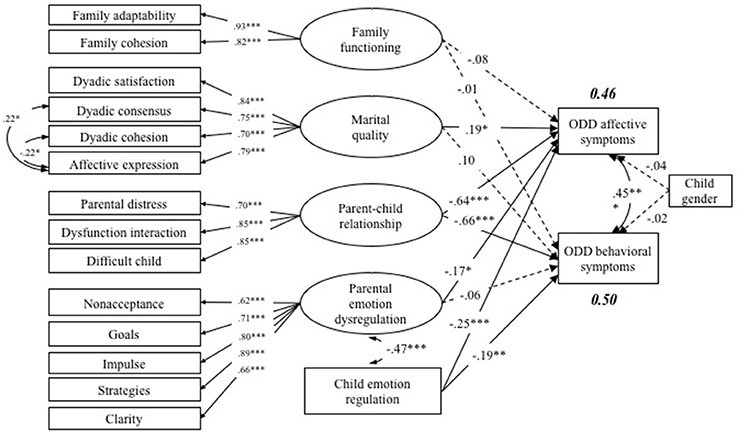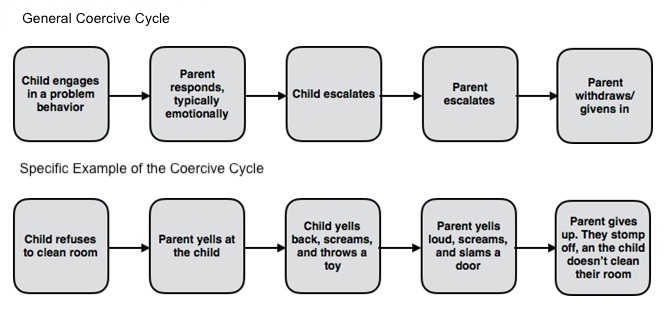Oppositional Defiant Disorder, often abbreviated as ODD, is a behavioral condition commonly diagnosed in children and adolescents. It is characterized by persistent patterns of anger, irritability, defiance, and vindictiveness toward authority figures. While it can be challenging for both the individual and their family, understanding the disorder is the first step toward effective management and support. In this guide, we will explore the causes, symptoms, diagnosis, treatment options, and strategies to help those affected by this condition.

Understanding Oppositional Defiant Disorder
Oppositional Defiant Disorder is more than just occasional defiance or misbehavior. It involves a consistent pattern of hostile and disobedient behavior that significantly disrupts daily life. Children with this condition often struggle to follow rules, argue with adults, and deliberately annoy others. These behaviors are not typical childhood tantrums but rather an ongoing issue that requires attention and intervention.
Key Characteristics
- Anger and Irritability: Frequent temper tantrums, being easily annoyed, and displaying resentment toward others.
- Argumentative Behavior: Constantly questioning rules, refusing to comply with requests, and arguing with authority figures.
- Vindictiveness: Acting out with the intent to upset or harm others, such as seeking revenge for perceived wrongs.
Possible Causes of Oppositional Defiant Disorder
The exact cause of this disorder is not fully understood, but research suggests that a combination of genetic, environmental, and psychological factors may contribute to its development.
Genetic Factors
Some children may have a genetic predisposition to develop behavioral issues. If a close family member has a history of mental health conditions, such as attention-deficit/hyperactivity disorder or mood disorders, the likelihood of developing similar challenges increases.
Environmental Influences
A child’s environment plays a significant role in shaping their behavior. Factors such as inconsistent parenting, exposure to violence, neglect, or a chaotic home life can increase the risk of developing defiant behaviors. Additionally, children who experience harsh discipline or lack positive reinforcement may struggle to regulate their emotions effectively.
Psychological Factors
Underlying mental health conditions, such as anxiety or depression, can exacerbate defiant behavior. Children who feel misunderstood or unsupported may act out as a way to cope with their emotions. Furthermore, difficulties in processing social cues or managing frustration can contribute to ongoing conflicts with others.
Recognizing the Symptoms
Identifying the signs of this disorder early is crucial for timely intervention. While occasional defiance is normal during childhood, persistent patterns of behavior that interfere with relationships and daily functioning may indicate a deeper issue.
Behavioral Signs
- Frequent temper tantrums or explosive outbursts
- Refusal to follow rules or comply with requests
- Blaming others for mistakes or misbehavior
- Deliberately annoying or upsetting others
- Showing spiteful or vindictive behavior at least twice within six months
Emotional Indicators
- Being easily irritated or angered
- Holding grudges or harboring resentment
- Expressing frequent frustration or hostility
Diagnosing the Condition
Diagnosing this disorder requires a comprehensive evaluation by a qualified mental health professional. Since the symptoms can overlap with other conditions, such as attention-deficit/hyperactivity disorder or conduct disorder, a thorough assessment is essential.
Evaluation Process
The diagnostic process typically involves interviews with the child, parents, and teachers. The mental health professional may also use standardized questionnaires or rating scales to gather information about the child’s behavior across different settings. Observations of the child’s interactions and a review of their developmental history are also important components of the evaluation.
Differential Diagnosis
It is important to differentiate this disorder from other conditions that may present with similar symptoms. For example, children with attention-deficit/hyperactivity disorder may exhibit impulsive behavior, while those with conduct disorder may engage in more severe antisocial actions. Accurate diagnosis ensures that the child receives appropriate treatment tailored to their specific needs.
Treatment Options
While there is no cure for this disorder, various treatment approaches can help manage symptoms and improve the child’s quality of life. Treatment plans are often individualized and may involve a combination of therapy, medication, and parental support.
Parent-Child Interaction Therapy
This form of therapy focuses on improving the relationship between the child and their caregivers. Parents learn effective communication techniques and strategies to reinforce positive behavior while addressing negative actions. By fostering a supportive and structured environment, children are more likely to respond positively to guidance.
Cognitive Behavioral Therapy
Cognitive behavioral therapy helps children identify and change negative thought patterns that contribute to their behavior. Through this approach, they learn coping skills to manage anger, frustration, and impulsivity. Role-playing and problem-solving exercises are often used to practice new ways of interacting with others.
Medication
In some cases, medication may be prescribed to address co-occurring conditions, such as attention-deficit/hyperactivity disorder or anxiety. While medication alone is not a solution for this disorder, it can complement therapeutic interventions and provide additional support for the child.
Support Strategies for Families
Living with a child who has this disorder can be challenging for families. However, implementing certain strategies can create a more harmonious home environment and reduce conflict.
Establish Clear Expectations
Setting clear and consistent rules helps children understand what is expected of them. Clearly defined consequences for breaking rules should also be communicated to ensure accountability.
Use Positive Reinforcement
Encouraging good behavior through praise and rewards can motivate children to make better choices. Celebrating small victories and acknowledging effort can boost their self-esteem and encourage continued progress.
Practice Patience and Empathy
It is important for parents and caregivers to remain patient and empathetic when dealing with defiant behavior. Understanding that the child may be struggling with underlying emotions can help foster compassion and reduce tension.
School-Based Interventions
Children with this disorder often face challenges in academic settings. Collaborating with teachers and school staff can help create a supportive environment that promotes learning and minimizes disruptions.
Individualized Education Plans
An individualized education plan can outline specific accommodations and strategies to support the child’s unique needs. This may include preferential seating, modified assignments, or access to counseling services.
Teacher Training
Educating teachers about the disorder can help them respond appropriately to challenging behaviors. Training programs can equip educators with tools to de-escalate conflicts and promote positive interactions with students.
Long-Term Outlook
With early intervention and consistent support, many children with this disorder go on to lead fulfilling lives. While some may continue to experience mild symptoms into adulthood, others see significant improvement as they develop better coping mechanisms and emotional regulation skills.
Building Resilience
Encouraging resilience through therapy, skill-building activities, and strong family support can empower children to overcome challenges. Teaching them how to navigate difficult emotions and relationships prepares them for future success.
Monitoring Progress
Regular check-ins with mental health professionals allow for ongoing assessment and adjustment of treatment plans. Tracking progress over time ensures that interventions remain effective and relevant to the child’s evolving needs.





